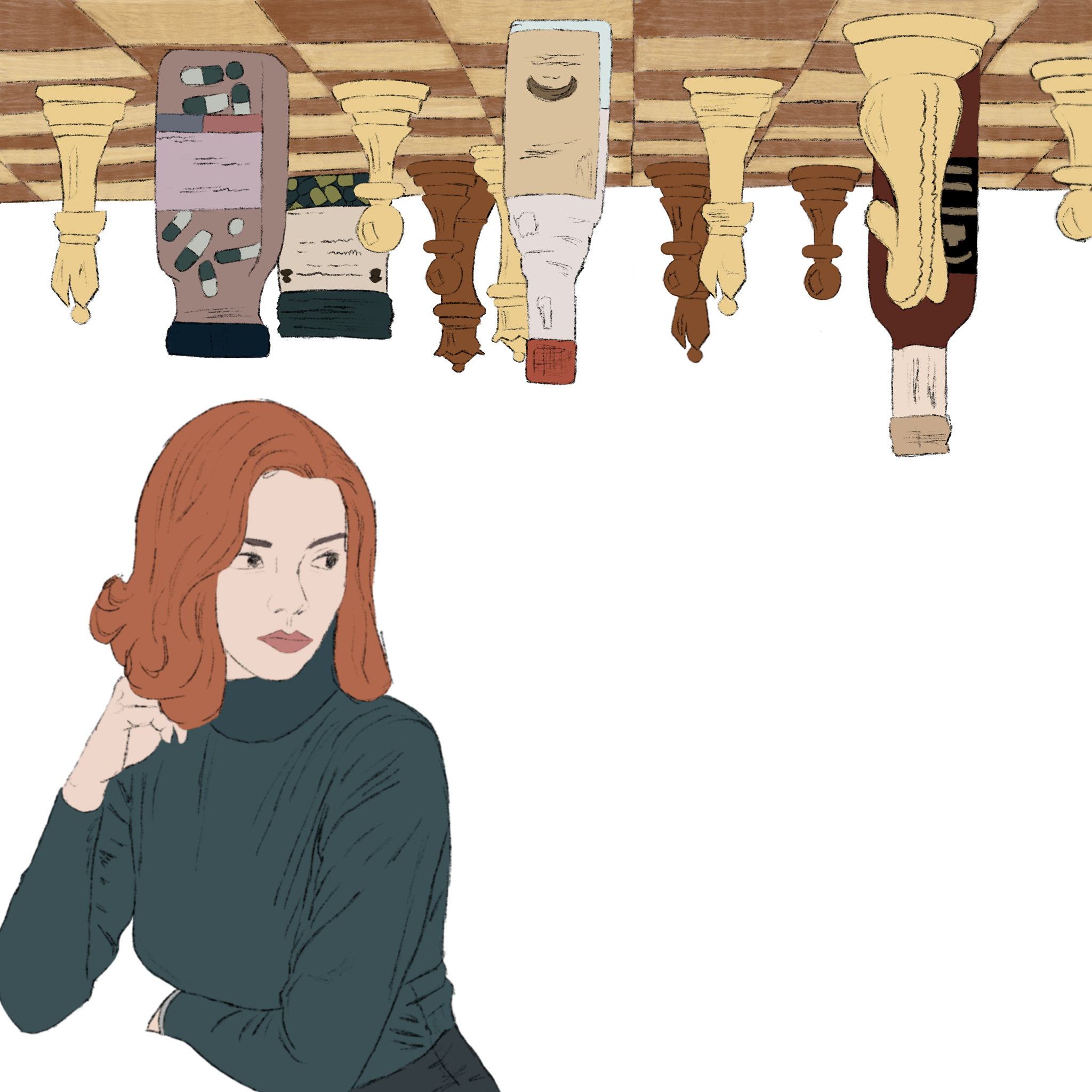Five hours. Five hours to get to the depositorium, five hours to sell, five hours to put the money in the bank. Five hours until rent was due. As the glow of street lamps welcomed the coming sun, she rushed down grimy streets, thinking about the memory she had chosen to sell. These days there never seemed to be enough money, so all her best memories were already gone, sold to the highest bidder: memories of a first, surprising spark of love, the thrill of a loop-de-loop rollercoaster with her late sister, and the pride of being recognized in a local magazine were all gone, sold for rent and dinner and school supplies long past. Only second-rate reminiscences of small promotions and relatively sunny Sundays were left. But second-rate wouldn’t pay the bills this month. Yesterday, though, she had been lucky: little Isaiah had said his first words. “Mommy,” he had said softly, making her heart sing with love and making her whole body flood with relief.
She reached the depositorium just as the sun rose over the horizon, just as the streetlamps sputtered off.
The extraction was effortless, the automated needle sliding into and out of her temple in a matter of seconds, carrying her selected memory with it. A bundle of cash dropped into the plastic slot. She frowned. Nine hundred, not bad.
She rose from the fraying depositorium chair, making a mental list: money to the bank for rent, then to the store to buy bread and milk with anything leftover. As she left the depositorium, she noticed a self-written note on her hand: “Isaiah started speaking.” She really must stop cursing in front of him now.
Forty-five. Forty-five minutes before his daughter would wake up for school. Forty-five minutes to get his fix. Forty-five minutes to purchase a memory.
He focused on the cracks in the sidewalk as he rushed past streetlamp after streetlamp, past house after sleeping house toward his favorite depositorium, where the memories were always crisp and fresh. After a night marred by deep depression and insufferable night terrors, he’d dipped into their savings. He’d had to.
He arrived five minutes after opening, stumbling past the automatons that scanned his ID. He liked to think that maybe after all this time they recognized him.
The input was a seamless procedure. He felt the short, sweet release of the memory as the needle slid into his hippocampus. He took a breath, the shaking in his hands finally calming down. Slowly, he rose.
Twenty minutes to get home, to get back into bed for Samantha to act as his alarm by way of a kiss on the cheek. He walked into the early morning light. A smile flickered across his face as he savored his newfound happiness, the memory of a small boy, a child, saying his first words, making him feel so loved, so… relieved. This was a good one, definitely worth the money. And, for at least a few days before the effect wore off, life was good.
One day. One day had been the grand opening of the first depositorium. One day had been the beginning of a new age of technology. One day had started it all… and then it started to spread. Spurred by the exponential rise of both supply and demand, new depositoriums began popping up, first in the cities then beyond. The people began to change. You could see it in their eyes. There were the wide eyes and dilated pupils of the people who could afford to be stuck in their head in a cycle of fleeting memories that weren’t their own. Others were relegated to dull cloudy eyes, left with only mundane memories. Still others were caught in between, selling off all they could to purchase just one more hit. As more depositoriums opened their shiny chrome doors, more eyes were made to be wise, and more to be cloudy, and the need for more depositoriums only grew. The sun continued to rise over the sleepy city, touching both those obsessing over the past and those without the ability to do so. It started with one day. Now the future of technology was finally upon them.
Cicely Henderson studies Mathematics at Wellesley College, Massachusetts.
This is the winning piece (category ‘short story’) in the Oxford Scientist’s Creative Competition for Trinity Term 2020, the theme ‘viral’. The judging panel consisted of the senior editorial team at the time of the competition.




